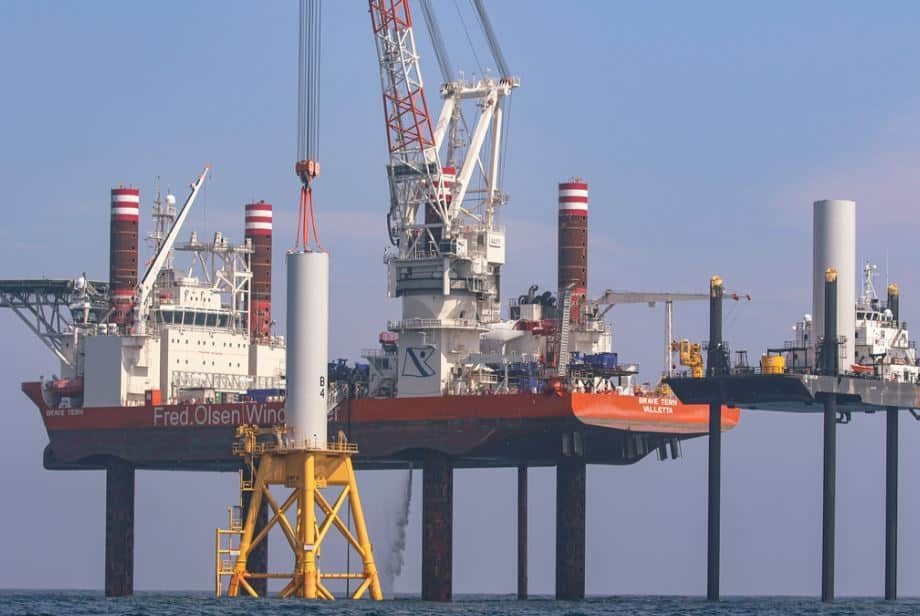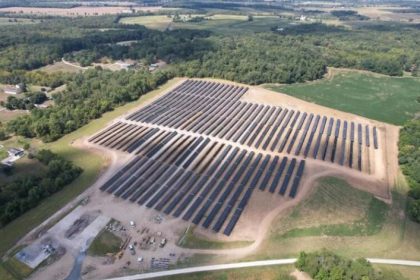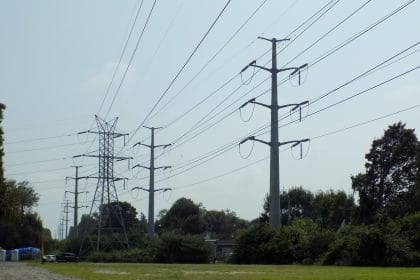Feds Propose Change to Rules Governing Oil and Gas Decommissioning Costs

WASHINGTON — The Biden administration is proposing changes to the federal financial assurance requirements for oil and gas companies to protect taxpayers from the costs of decommissioning offshore oil wells and infrastructure no longer in use.
By law, oil and gas companies must “decommission” offshore infrastructure and equipment no longer needed or otherwise taken out of service.
This process can include everything from simply plugging wells to securing or removing platforms, pipelines and other production or exploration-related infrastructure.
If left undone, these wells and other elements of the oil and gas business could pose a significant threat to coastal communities and the environment.
According to a study published in the May edition of Nature Energy, there are currently about 14,000 non-producing oil and gas wells in the Gulf of Mexico alone that could cost as much as $30 billion to safely plug and abandon.
Of these, about 7,300 are in federal waters, which will cost around $28.7 billion to plug.
The remaining wells are located in the state waters of Texas, Louisiana, Alabama, and Mississippi. These wells, which are typically in shallower waters closer to shore, make up about 90% of inactive wells but account for only 25% of total plugging and abandonment costs.
Offshore wells generally produce more oil and gas than land wells, but they also cost much more to plug and abandon and pose substantially different environmental risks.
The Bureau of Ocean Energy Management published the proposed changes to the existing financial assurance requirements in the Federal Register on June 29. That publication opened a 60-day public comment period ending on Aug. 28.
“These proposed updates to our financial assurance regulations will help ensure that energy companies that are operating in publicly-owned federal waters are able to fulfill their clean-up and decommissioning responsibilities, without taxpayers having to step in to foot the bill,” said agency Director Liz Klein in a written statement.
“The commonsense updates that we are proposing would modernize evaluation and financial criteria so that we are better protecting taxpayers from the decommissioning costs associated with aging oil and gas infrastructure on the Outer Continental Shelf,” Klein said.
According to the Government Accountability Office, as of 2015 the Interior Department held less than $3 billion in bonds to cover $38.2 billion in estimated decommissioning costs, with $2.3 billion at highest risk of needing to be covered by taxpayers.
Agency officials said recent corporate bankruptcies in the offshore oil and gas industry have underscored the need for regulatory reform.
If BOEM holds insufficient financial assurance at the time of bankruptcy, the government may end up having to perform the decommissioning, with the cost being borne by the American taxpayer. Delays in decommissioning can lead to environmental damage and other risks.
The proposed rule would establish two metrics by which the agency would assess the risk any company poses for the American taxpayer.
First, to accurately and consistently predict financial distress, BOEM would use credit ratings from a nationally recognized statistical rating organization, or a proxy credit rating generated through a statistical model.
The agency would require companies without an investment-grade credit rating to provide additional financial assurance.
In a press release the agency said it is particularly seeking public feedback on whether it should rely on credit ratings to make these determinations and what credit rating threshold would best protect taxpayer interests without imposing undue burdens on industry.
Second, BOEM would consider the current value of the proved oil and gas resources on the lease itself when determining the overall financial risk of decommissioning, given that any lease with significant reserves still available would likely be acquired by another operator that would then assume the liabilities in the event of bankruptcy.
The proposed regulatory changes would provide additional clarity and reinforce that current grant holders and lessees bear the cost of ensuring compliance with lease obligations, rather than relying on prior owners to cover those costs. BOEM is interested in public comments on the costs and benefits of considering predecessors when determining how much financial assurance a company must provide.
BOEM would use decommissioning estimates based on industry reported data collected by the Bureau of Safety and Environmental Enforcement at a level that would adequately cover estimated decommissioning costs without being overly burdensome.
Dan can be reached at [email protected] and at https://twitter.com/DanMcCue

























